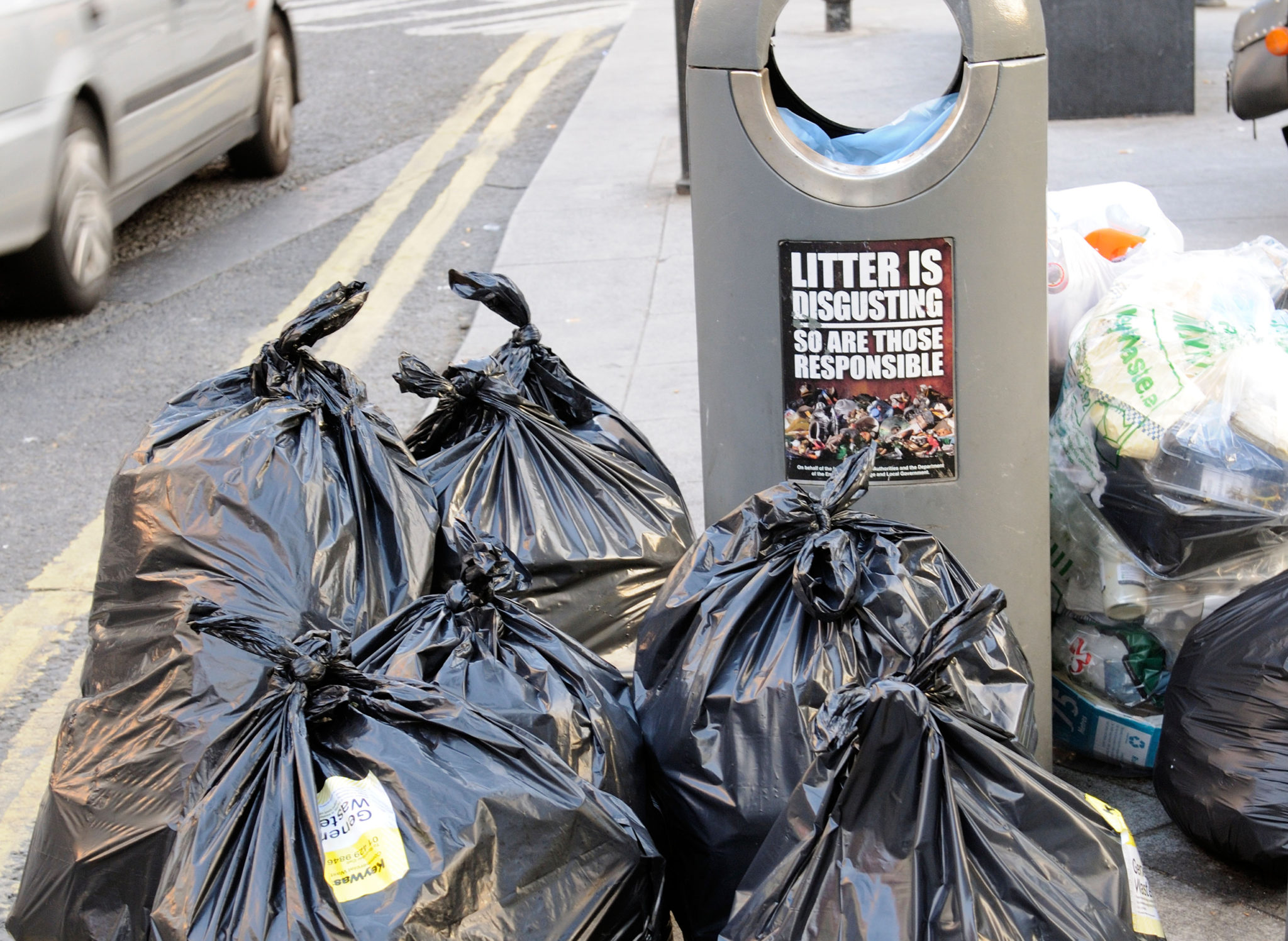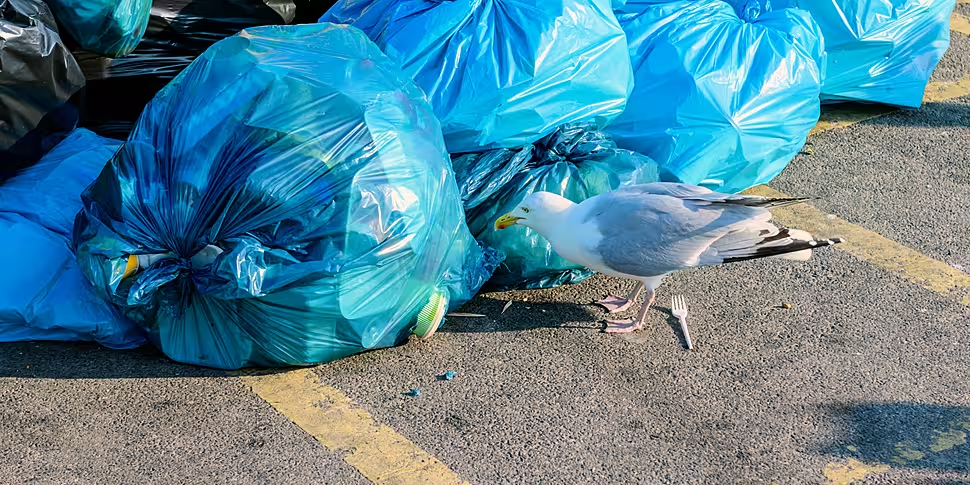Urban Ireland is still “not clean” but is improving, Irish Businesses Against Litter has concluded in its annual survey.
This year, it found that there was a noticeable improvement across the nation with small towns dominating the top nine.
- Naas
- Maynooth and Kilkenny
- Castlebar
- Ennis
- Letterkenny
- Cavan
- Monaghan
- Mullingar
- Gorey and Midleton
Final 2022 results of our #litterleague are out and it's congrats to Naas on retaining its title as our cleanest town! So how did your town or city fare? https://t.co/FuwSp8J1wG pic.twitter.com/RKYJSFxdhQ
— Irish Business Against Litter (@IrishLitter) January 8, 2023
For the second year in a row, Naas topped IBAL’s ranking - something the organisation ascribes to locals’ collective pride.
“There’s no doubt you can see that pride in Naas,” IBAL’s Conor Horgan told Newstalk Breakfast.
“It was there last year; the enthusiasm from volunteers, from the local authorities, from business - all of that coming together is a recipe for success.
“Kilkenny in second place is a perfect example of that.”
 Bin bags await collection in Dublin. 23 June 2022. Image: Peter Titmuss / Alamy Stock Photo
Bin bags await collection in Dublin. 23 June 2022. Image: Peter Titmuss / Alamy Stock PhotoOverall, the organisation concluded that three quarters of Irish towns and cities are clean - a notable increase in the space of 12 months.
“That was a significant rise on last year when only half were clean,” Mr Horgan said.
“Nonetheless, if you look at our chart, our urban areas are not clean.
“Mahon in Cork is seriously littered, Dublin’s north inner city improved but it is littered.
“Dublin city centre is not clean, it’s moderately littered.
“Cork city centre - struggling. Limerick city centre - struggling.
“So, even though urban areas have improved by about 12% year-on-year, they are not clean.”
 A cigarette on the pavement on Wicklow Street, Dublin. 28 April 2004.
A cigarette on the pavement on Wicklow Street, Dublin. 28 April 2004.Mr Horgan added that one way for Dublin to improve is for local authorities to provide more bins so people do not have to leave their rubbish outside in bin bags.
“Bins are a much tidier solution for your weekly waste collection. We need to see movement on the council from that,” he added.
Some streets in the city centre are too narrow but local authorities are currently consulting on what can be done and Mr Horgan believes this could be a “potential gamechanger”.
IBAL was formed in 1996 and believes that cleanliness is a key driver of economic prosperity.
Main image: A gull with some bin bags. Picture by: Alamy.com









